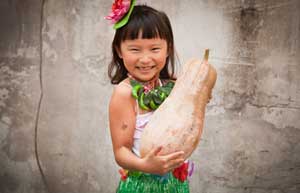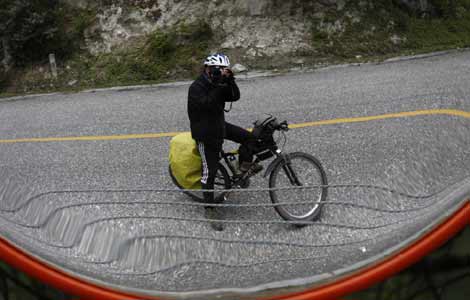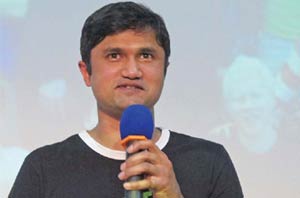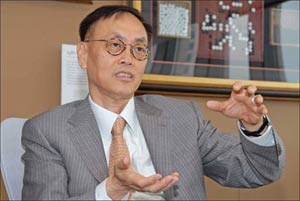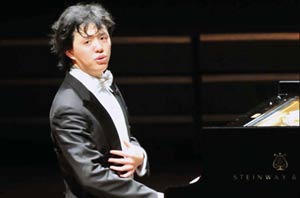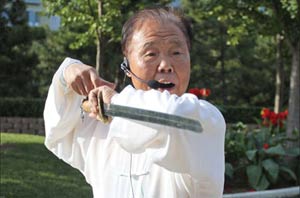More men are seeing the value of spas
Updated: 2011-10-07 11:07
By Xu Junqian (China Daily)
|
|||||||||
|
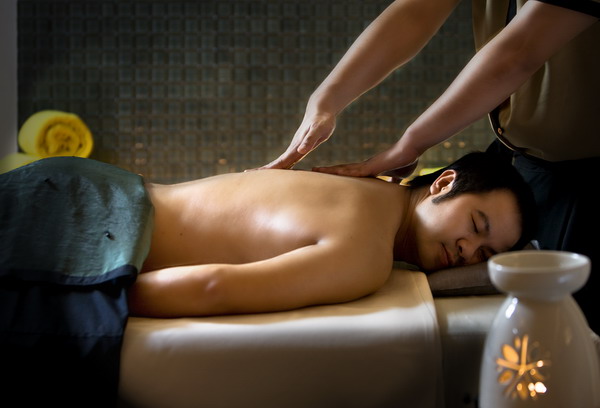 |
|
A male client has a Thai-style massage at the Banyan Tree Spa in Shanghai. Men in China have begun to care more about their appearance. [Photo / China Daily] |
The first time masseuse Jin Xiaoying had a male customer at the spa where she worked three years ago, she didn't know where to look. "I was even more awkward than him, and it was also a new experience for him," she recalled.
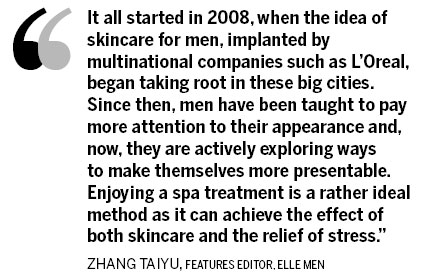
Now Jin, having been in the spa industry for more than half a decade, is very comfortable seeing a growing number of men taking off their clothes, lying down on the massage bed naked and waiting for her to knead their bodies. In fact, she has become friends with quite a number of them, including that first customer, a 20-something good-looking man from Wenzhou, in Zhejiang province, a city generally considered to be the home of China's nouveau riche.
"They now come to me not only for a spa treatment but also for advice about relationships or suggestions for a gift for their mums' birthdays," said Jin, 32, who quit her job as a tourist guide and learned Thai-style massage in 2006.
While male clients represent only 30 to 40 percent of her business, Jin, whose two sisters are also in the industry, said the number has been climbing steadily over the last few years, at the rate of 20 percent annually.
Despite its robust growth during the past decade in China, at an annual rate of about 15 percent, according to an estimate by China Spa Association, it is traditionally dominated by female clients - although that is changing.
Statistics from Banyan Tree, the famous luxury resort known for its exotic Southeast Asia Spa treatment, show that male clients now account for nearly half of its spa appointments at four of its locations in China. Although the numbers are lower than those in European countries, where spa treatments are as common as haircuts for men, Chinese males are quickly catching up, at the speed of 8 to 10 percent every year.
Zhang Taiyu, features editor at ELLE MEN, a fashion magazine tailored for male readers in China and launched by French media conglomerate Hachette Group, has witnessed a similar rise among its readers in cities such as Shanghai, Beijing and Guangzhou. But instead of customers' "self-awareness", Zhang thinks it is instead a result of subtle "education" instilled by foreign cosmetic brands.
"It all started in 2008, when the idea of skincare for men, implanted by multinational companies such as L'Oreal, began taking root in these big cities," said Zhang.
"Since then, men have been taught to pay more attention to their appearance and, now, they are actively exploring ways to make themselves more presentable. Enjoying a spa treatment is a rather ideal method as it can achieve the effect of both skincare and the relief of stress."

